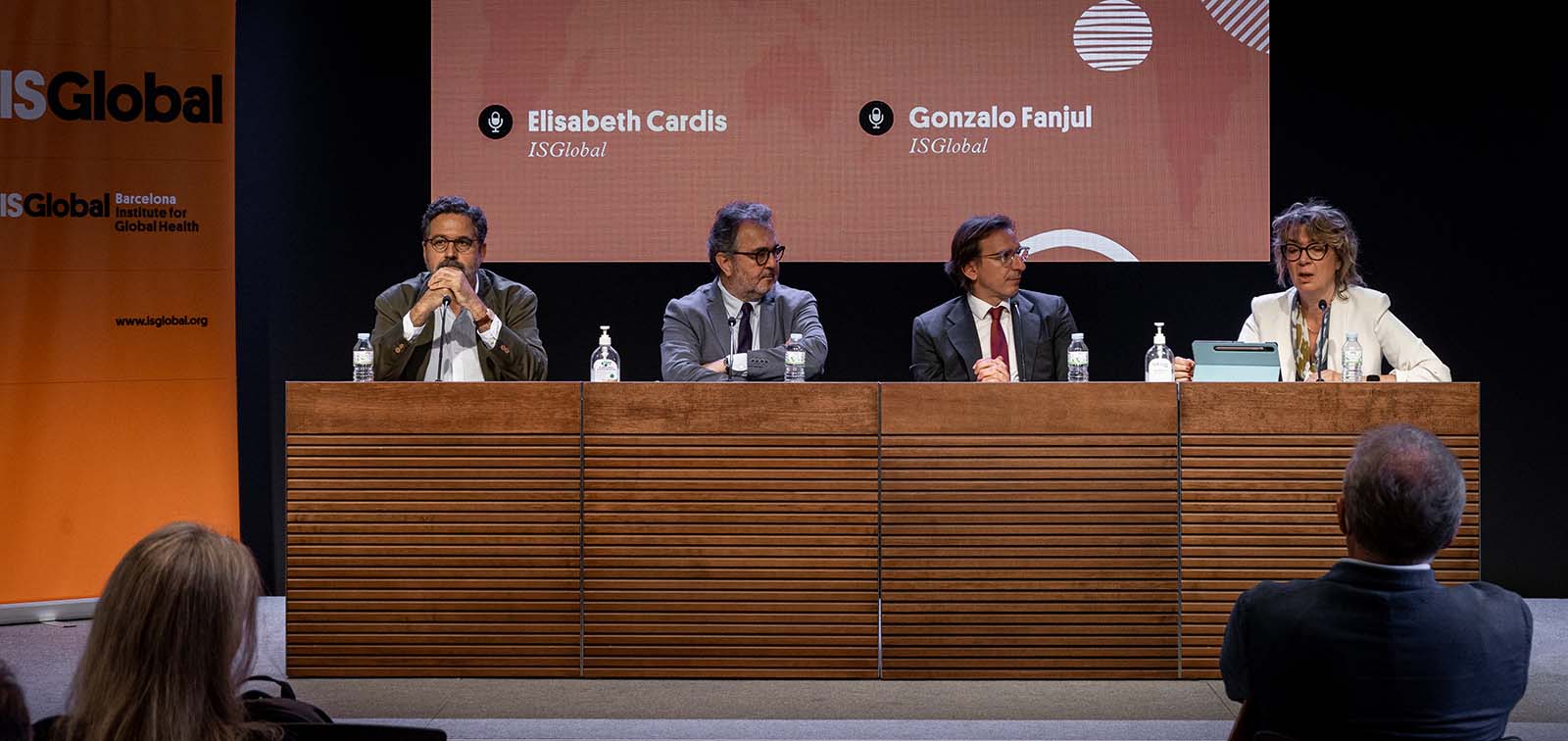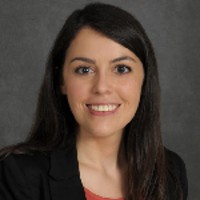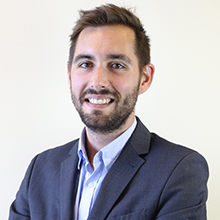We Need to Develop an “All-Hazards” Approach and Learn from Each Other to Prepare for the Next Pandemic
ISGlobal brings together experts, practitioners and decision makers to discuss how can we better prepare for and respond to future environmental and public health crises
09.05.2022
The COVID-19 pandemic has highlighted the fragmentation of global governance in health emergency preparedness and response and the critical role that science, research and innovation can play in making the world better prepared for future health crises. With the aim to contribute to and advance this fundamental debate, the Barcelona Institute for Global Health (ISGlobal), a centre supported by ”la Caixa” Foundation, brought together these last two days experts, practitioners and decision makers to discuss how best to incorporate lessons learned from different environmental and public health crises into future all-hazards preparedness plans at global, regional, national and local levels.
Transdisciplinarity, coordination, community engagement, capacity building, trust - these are concepts that were repeatedly mentioned during the two-day PR3 Challenge Workshop that gathered over 200 persons from three continents, including some of the world’s most reputed experts on the matter. The event took place in CaixaForum Macaya (Barcelona, 5 May), the Ramón Areces Foundation (Madrid, 6 May) and online.
Different Crises, Common Lessons and Challenges
“This is about bringing together actors that normally do not work together”, said Antoni Plasència, ISGlobal’s General Director, in his welcome speech on the inaugural session. In effect, during the morning session of the first day, experts from different fields, backgrounds and countries exchanged lessons learned when dealing with different types of crises, from nuclear or chemical accidents, to volcanoes and viruses.
However, despite the diverse nature of the hazards discussed, many lessons and challenges were common. For instance, the need to engage with and build trust in the community, the importance of developing a multidisciplinary approach that also considers the impact on mental health, society and economy, the need to have pre-approved protocols for collecting and sharing data, the value of available networks of experts that can provide quick advice on specific crises, or the importance of international coordination and governance. The discussion underscored the need to stop working in silos and adopt a systemic “all hazards” approach. Anja Schreijer (Erasmus MC and Pandemic & Disaster Preparedness Center) highlighted the interconnections that exist between disasters such as those driven by climate change (including flooding) and the emergence of possible epidemics and pandemics. This calls for an interdisciplinary and systemic view on how to prepare for all.
Improving Preparedness for Public Health Crises
In the afternoon, an institutional session looked at existing and emerging responses at the local, national, regional and global levels in an effort to identify new areas for engagement of the scientific community to strengthen PR3 capabilities. Therefore, representatives of different institutions reviewed ongoing initiatives aimed at improving preparedness and response, such as the United Nations Sendai Framework on Disaster Risk Reduction adopted in 2015, the European Health Emergency preparedness and Response Authority (HERA) that aims to identify and address serious cross border health threats, the ANTICOV consortium developed in Africa during the COVID crisis which includes 26 prominent global research and development (R&D) organizations from Africa and Europe, the NIH Disaster Research Response (DR2) Program that leads U.S. efforts to improve capacity for timely research related to disasters and public health emergencies or the Africa CDC strategic agenda including different preparedness and response activities lead by the Emergency Operations Center.
“What we learned in this workshop re-affirms our beliefs”, said Elisabeth Cardis, Head of the Radiation Program at ISGlobal and organiser of the event. “The world has the opportunity to learn some hard lessons from COVID-19 and other existing and past health crises, including the Chernobyl and Fukushima nuclear accidents, 9/11, or the increasing consequences of climate change. This needs to happen now, when there is a temporary window of political opportunity emerging from the global trauma of the pandemic.”
Roberto Lucchini, Thierry Schneider, Anja Schreijer, Elisabeth Cardis and Oliver Razum (on screen) during the "A PR3 Challenge" workshop / Photo: Aleix Cabrera (ISGlobal)
The Political Challenge
On Friday, the Ramón Areces Foundation (Madrid) hold a round table with high-level decision makers from different institutions such as the Spanish Government, the European Commission, The Global Fund, the Bill and Melinda Gates Foundation, DNDi, the Africa Centres for Disease Control, the World Health Organization Hub for Pandemic and Epidemic Intelligence and ISGlobal to discuss how best to collaborate in the implementation of a meaningful preparedness and response framework.
Oliver Morgan explained how "the new WHO Pandemic Hub addresses how to connect the different types of data and information to make sense of it —epidemiological intelligence— and how to turn it into effective decisions", while Françoise Vanni (The Global Fund) recalled that "the most vulnerable always suffer the most from these crises” and that our approach must be guided by this fact.
On the other hand, Anja Langenbucher (The Bill and Melinda Gates Foundation) said “We have what we need, it is just a coordination question. There is a need to invest in strengthening systems. What might be new is the response teams as an executive arm of the systems.”
Sharing experiences went on for two productive hours, at the end of which Gonzalo Fanjul, Policy Director at ISGlobal and co-organiser of the event, closed the session highly satisfied: "Our purpose here was not only to talk but also to listen to each other, and we did it. I can’t think of few more important conversations than the one we have started here today".






